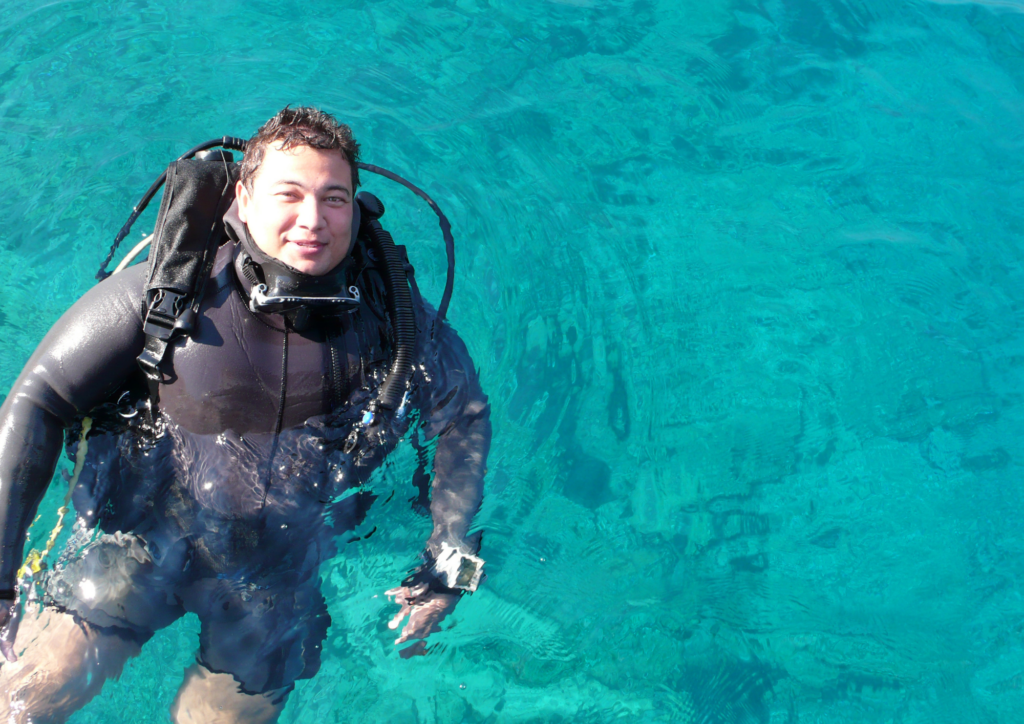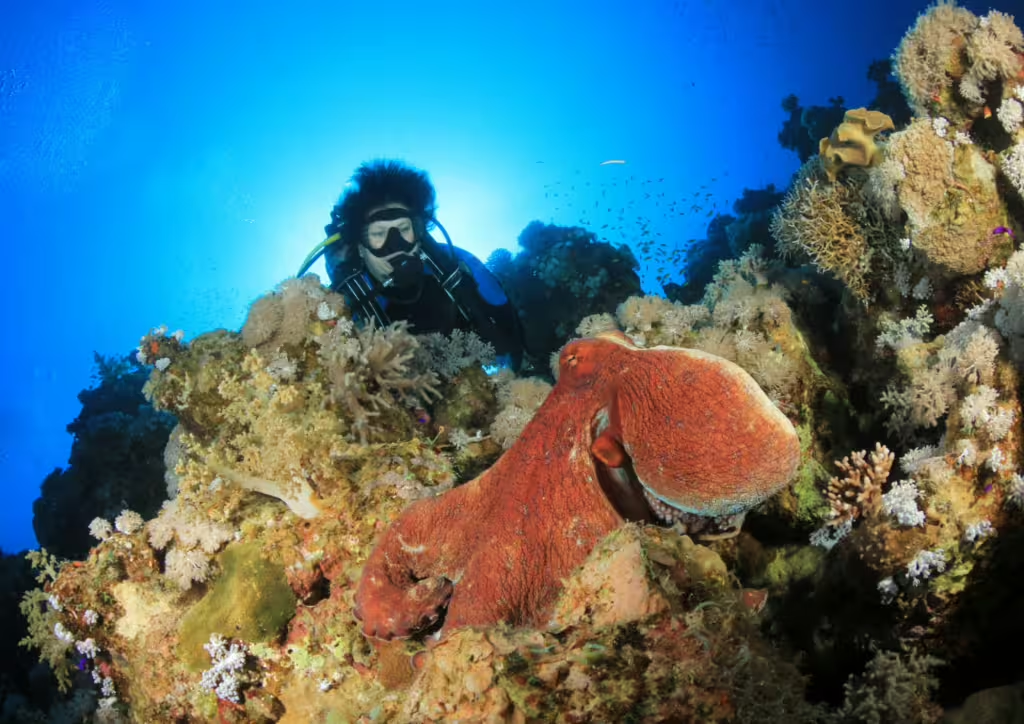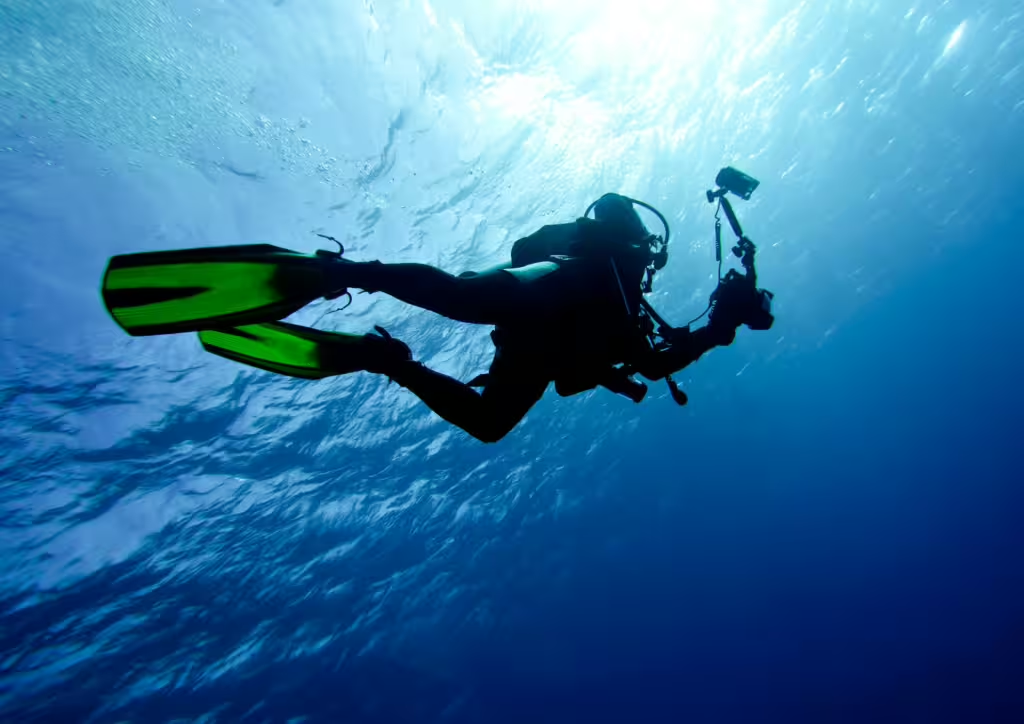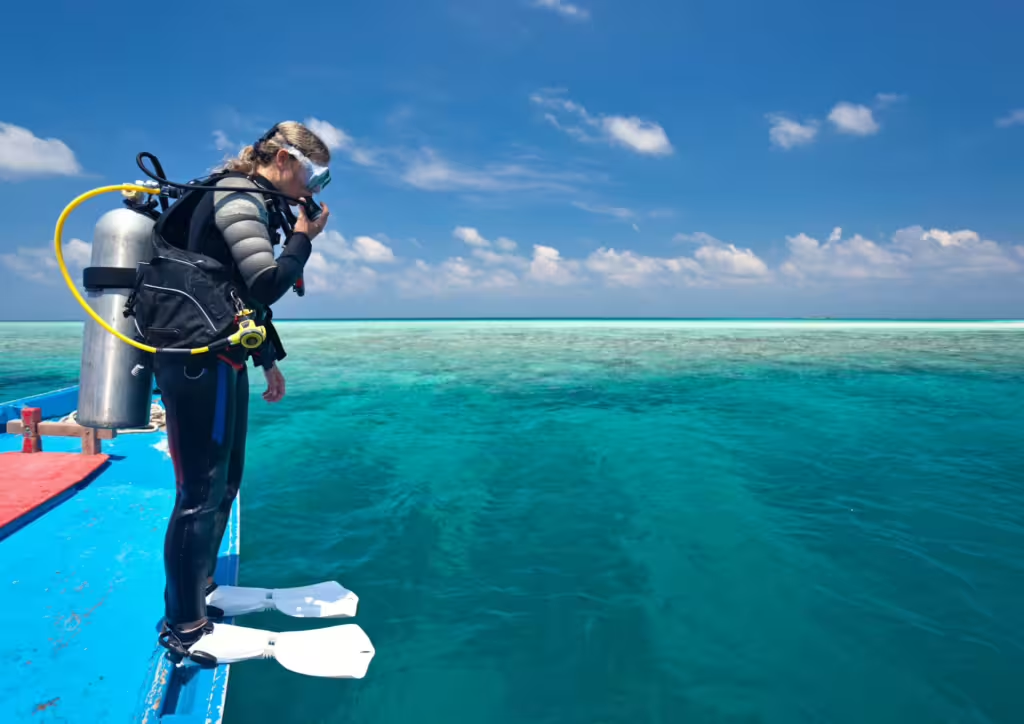For many adventure seekers, the journey into this underwater paradise begins with choosing the right SSI Scuba Course in Bali. SSI (Scuba Schools International) and PADI (Professional Association of Diving Instructors) are two of the most recognized organizations that provide scuba diving courses worldwide. Understanding the differences between these two leading agencies is essential for anyone considering an SSI Scuba Course in Bali, as it helps you select the program that best matches your diving goals and learning style. The SSI Scuba Course in Bali focuses on flexible learning, digital materials, and personalized training, making it a great option for travelers who want to balance study with exploration.
Understanding Scuba Diving Agencies: SSI and PADI
Scuba Schools International (SSI) and the Professional Association of Diving Instructors (PADI) are two of the most illustrious scuba diving agencies worldwide, catering to divers of various skill levels. SSI, founded in 1970, is known for its emphasis on ecological awareness and hands-on learning, which perfectly complements the spirit of an SSI Scuba Course in Bali. Meanwhile, PADI, established in 1966, is recognized for its extensive global network and modular training approach that emphasizes flexibility and accessibility.
Both agencies share a passion for developing confident, responsible divers, but the SSI Scuba Course in Bali stands out for integrating environmental understanding with practical dive experience. Its comprehensive training modules highlight not just technical diving skills but also the importance of marine conservation—an essential focus when exploring Bali’s rich underwater ecosystems.
Despite their similarities, SSI and PADI differ in philosophy and teaching style. The SSI Scuba Course in Bali emphasizes a hands-on “Dive Guide” approach that encourages divers to engage with the ocean environment directly, while PADI follows a more standardized curriculum for smooth progression through certification levels.
Understanding these distinctions can help aspiring divers decide whether an SSI Scuba Course in Bali or a PADI certification best aligns with their goals. For those seeking a flexible, eco-conscious, and immersive learning journey, the SSI Scuba Course in Bali offers the ideal foundation to begin an unforgettable underwater adventure.
Course Structure: A Side-by-Side Comparison

When comparing the course structures of SSI and PADI, potential divers will find distinct differences that cater to various learning styles. The SSI Scuba Course in Bali is designed with greater flexibility, allowing students to learn at their own pace while focusing on skill mastery. This approach ensures that each diver demonstrates competence and confidence before moving on to the next stage.
One of the defining features of the SSI Scuba Course in Bali is its personalized learning system, which encourages a deeper understanding of diving techniques and safety procedures. This makes it ideal for those who prefer a more tailored experience rather than a rigid schedule. In contrast, PADI courses follow a standardized structure with clear modules and timelines, offering a more streamlined process for divers who want to complete their training efficiently—especially while vacationing in Bali.
The SSI Scuba Course in Bali also offers modular training options, meaning students can choose between an extended program spread over several days or a condensed, intensive format. Meanwhile, PADI’s courses tend to adhere to fixed durations, providing consistency for those with tighter schedules.
Skill development within the SSI Scuba Course in Bali focuses heavily on practical applications and in-water confidence, while PADI emphasizes theoretical learning through quizzes and knowledge reviews. By understanding these differences, divers can make a well-informed decision about whether the SSI Scuba Course in Bali or PADI certification better suits their learning preferences and diving goals.
Certification Levels: What to Expect
When considering diving courses in Bali, understanding the certification levels offered by SSI and PADI is crucial for aspiring divers. Both agencies provide a well-structured progression from beginner to professional levels. For beginners, SSI offers the Open Water Diver certification, while PADI has a similar entry-level course. As you advance, you can pursue specialties, advanced certifications, and even professional courses such as Divemaster or Instructor.
The clear pathway from recreational diver to professional ensures that students build foundational skills before delving deeper into the underwater world and taking on more responsibilities. Both SSI and PADI emphasize real-world preparation, ensuring divers are equipped for the unique challenges of underwater exploration.
SSI’s emphasis on dive leader courses focuses on environmental stewardship and dive safety, whereas PADI’s approach includes a variety of specialized courses that cater to diverse interests, from wreck diving to underwater photography. Regardless of the agency chosen, certification is not just a formality; it signifies a diver’s readiness to face the ocean with confidence and competence, making it an essential aspect of the diving journey in Bali.
Diving Experience: Local Relevance in Bali

When it comes to scuba diving in Bali, understanding the local environment is essential for both safety and enjoyment. The SSI Scuba Course in Bali and PADI programs are thoughtfully designed to equip divers with the knowledge and skills needed to explore the island’s unique underwater landscapes. With Bali’s vibrant coral reefs, diverse marine life, and dynamic dive conditions—from drift dives to muck diving—choosing the right course can make a huge difference in your overall experience.
One of the key strengths of the SSI Scuba Course in Bali lies in its emphasis on local expertise. Instructors familiar with Bali’s dive sites provide valuable insights into currents, visibility, and the behavior of local marine species. This hands-on approach ensures divers are well-prepared before entering the water, fostering both confidence and environmental awareness.
In addition, the SSI Scuba Course in Bali incorporates modules focused on marine conservation and ecosystem awareness. Similar to PADI’s local specialty courses, these lessons deepen divers’ understanding of Bali’s marine environment while promoting responsible diving practices. The SSI Scuba Course in Bali goes beyond basic certification—it inspires divers to appreciate and protect the ocean that makes the island so special.
Ultimately, whether you choose the SSI Scuba Course in Bali or a PADI program, evaluating how each course integrates local knowledge and conservation principles can be the key to a truly fulfilling diving journey.
Accessibility and Pricing: Which is More Budget-Friendly?
When assessing the financial aspects of diving courses offered in Bali, both SSI and PADI have their unique pricing structures that can cater to a variety of budgets. Generally, SSI courses tend to be slightly more affordable, while PADI is recognized for its broad recognition and standardization which can come at a premium. Additionally, prospective divers should consider factors such as course materials, certification fees, and equipment rentals, which can vary significantly between the two agencies.
For those specifically interested in embarking on an SSI scuba course in Bali, researching local dive shops that offer competitive prices may reveal additional discounts for early bookings or group rates, further enhancing affordability. Accessibility is another important aspect when choosing between SSI and PADI. Both agencies provide a network of dive schools throughout Bali, yet divers may find that some locations favor one certification over the other, impacting convenience.
Hidden costs, such as transportation to dive sites, lunch during excursions, or unexpected fees for additional training sessions, can add up quickly. Therefore, it is crucial to clarify what’s included in course pricing with the dive shop in advance to ensure a complete understanding of overall expenses. Evaluating these factors holistically will enable divers to select the best course that aligns not just with their budget, but also with their diving aspirations.
Community and Support: Joining the Diving Family

When choosing between SSI and PADI for your scuba certification, community and support play a key role in shaping your overall diving journey. The SSI Scuba Course in Bali emphasizes not only skill development but also building a strong sense of community among divers. Both SSI and PADI prioritize post-certification support, offering a variety of online tools and resources that help divers continue learning long after their training ends.
One of the standout features of the SSI Scuba Course in Bali is its access to a global online community where divers can share experiences, exchange tips, and stay updated on the latest diving practices. Similarly, PADI offers worldwide forums and social platforms that allow divers to connect and learn from one another. This continued engagement fosters camaraderie, making divers feel supported and inspired to keep exploring the ocean.
In Bali, many dive shops affiliated with the SSI Scuba Course in Bali host community events, group dives, and environmental initiatives that encourage divers to stay active and connected. These gatherings not only build friendships but also strengthen the bond between divers and the local marine ecosystem.
Ultimately, the SSI Scuba Course in Bali provides more than just certification—it offers entry into a welcoming community that supports your growth as a diver. Whether you choose SSI or PADI, the people you meet and the connections you make along the way will enrich your underwater adventures and keep your passion for diving alive.
Choosing Your Dive Adventure: Final Thoughts on SSI vs PADI in Bali
Choosing between SSI and PADI for your scuba diving course in Bali can be a critical decision that impacts not only your diving experience but also your future adventures underwater. Both organizations offer high-quality training programs, but it’s essential to consider what aligns best with your learning style, diving goals, and whether you prefer a more personalized approach or a globally recognized certification.
In Bali, the stunning marine environments and diverse ecosystems provide a perfect backdrop to enhance your diving education, regardless of which certification path you choose. The island’s unique offerings will enrich your experience, making every dive a memorable one as you learn the skills necessary to explore the underwater world confidently and safely. Ultimately, it comes down to personal preference and where you feel most comfortable in your learning journey.
Remember to research local dive shops, read reviews, and even speak to instructors or past students to gain a well-rounded perspective. Whichever certification you opt for—PADI or SSI—know that Bali stands as a remarkable destination to kickstart your underwater adventures, ensuring that you’ll leave with not just a certification but unforgettable memories of the ocean’s wonders.

